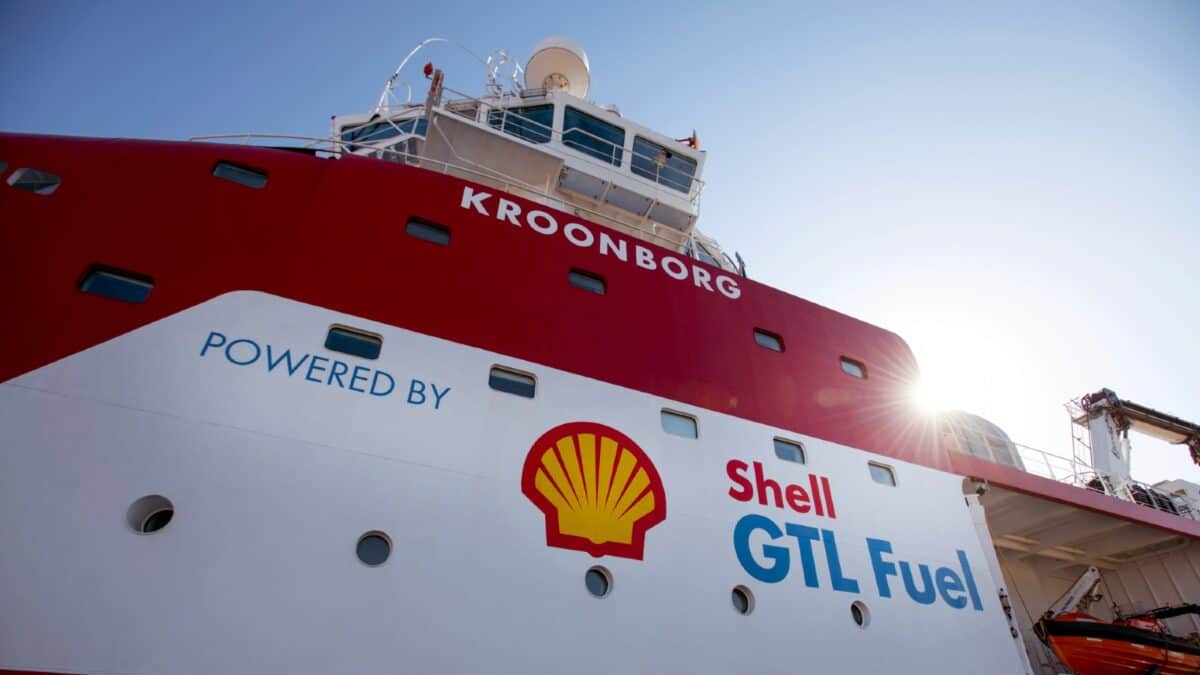Shell’s (LSE: SHEL) share price is trading up around all-time highs at over £29.
For some investors, such a rise might signal that they should jump on the bandwagon and buy the stock. For others, it may indicate that they should avoid the shares as they are much more expensive than they were.
Neither reaction is right, in my view, with the only question worth asking being: is there still value in Shell?
Passive income stocks: our picks
Do you like the idea of dividend income?
The prospect of investing in a company just once, then sitting back and watching as it potentially pays a dividend out over and over?
If you’re excited by the thought of regular passive income payments, as well as the potential for significant growth on your initial investment…
Then we think you’ll want to see this report inside Motley Fool Share Advisor — ‘5 Essential Stocks For Passive Income Seekers’.
What’s more, today we’re giving away one of these stock picks, absolutely free!
Has the price rise removed all value?
There are risks in the company, of course, as with all stocks. One is optimally balancing its energy transition strategy. Too much drilling for oil and gas could provoke government pressure to cut back. Too little could mean lost revenues in a currently strong oil and gas market.
Another risk is these markets see a sudden reversal, due to a change in the present bullish supply and demand mix.
That said, on each of the key stock valuation measures I think are most useful, Shell shares still look very undervalued.
On the price-to-earnings (P/E) ratio, it presently trades at 13.1. This is the lowest among its peer group, which averages 14.8. So, it looks undervalued on this measurement.
The same applies to the price-to-book (P/B) ratio on which it trades at 1.3. This is again the lowest in its peer group, the average of which is 2.9.
And it is also undervalued on the price-to-sales (P/S) ratio. Its P/S of just 0.8 is by far the lowest against a peer group average of 2.4.
Strongly performing business
These low valuations do not look supported to me by the company’s performance either.
Its Q1 results released on 2 May revealed adjusted earnings of $7.7bn. This was way ahead of consensus analysts’ forecasts of $6.46bn and outstripped the $7.3bn of the previous quarter.
Its cash flow also increased over Q4 – by 6%, to $13.3bn, providing a further engine for growth.
It also managed to decrease its net debt to $40.5bn from $43.5bn. But its debt ratio was very low anyhow, with a total shareholder equity of $188bn against a total debt of just $53bn.
All of this meant it was able to increase its interim dividend to 34.4 cents (28p) a share from the previous 28.75 cents.
If we applied this 19.7% increase to the entire 2023 payout of $1.2935, then 2024’s dividend would be $1.5483. On the current share price of £29.43, this would give a yield of 5.3%. This compares very favourably to the average FTSE 100 yield of 3.8% at present.
An additional reward for shareholders is a further buyback of $3.5bn of shares over the next three months. These tend to be supportive of share price rises.
Will I buy the stock?
I already have a significant holding in Shell, bought at a much lower price than now, so will stick with that.
If I did not have it, I would buy the stock today, despite the higher price.
My three key measures of stock value show a major undervaluation against its peers is still in place. I also think the dividend payout is moving back into very healthy territory, supported by strong business prospects.








